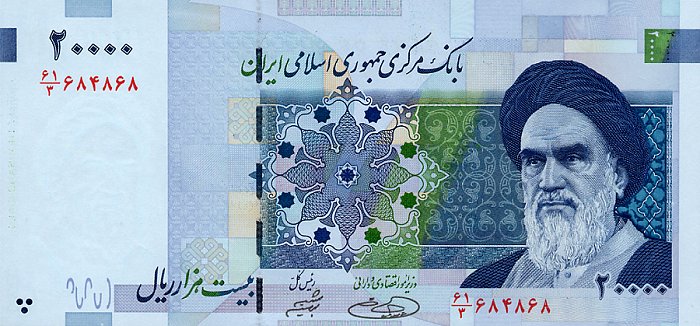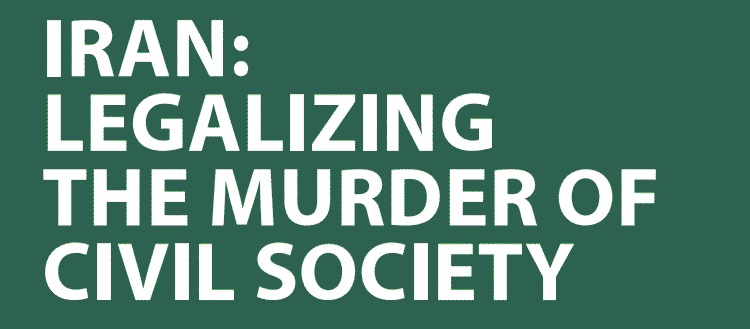December 26, 2010
The execution of Habibollah Latifi has been stayed. His sister reports that many demonstrators showed up to protest the execution, "Security forces have threatened the demonstrators [and told them] to disperse, but [this]was not accepted by the people until they were told about the suspension of the sentence by a Sanandaj prison official." The International Campaign for Human Rights in Iran reports on a meeting between Latifi's lawyers and the judiciary.






